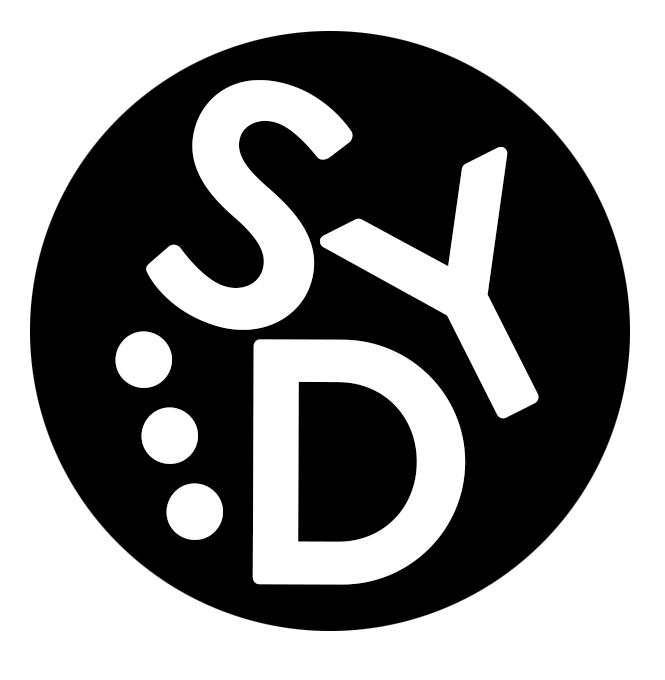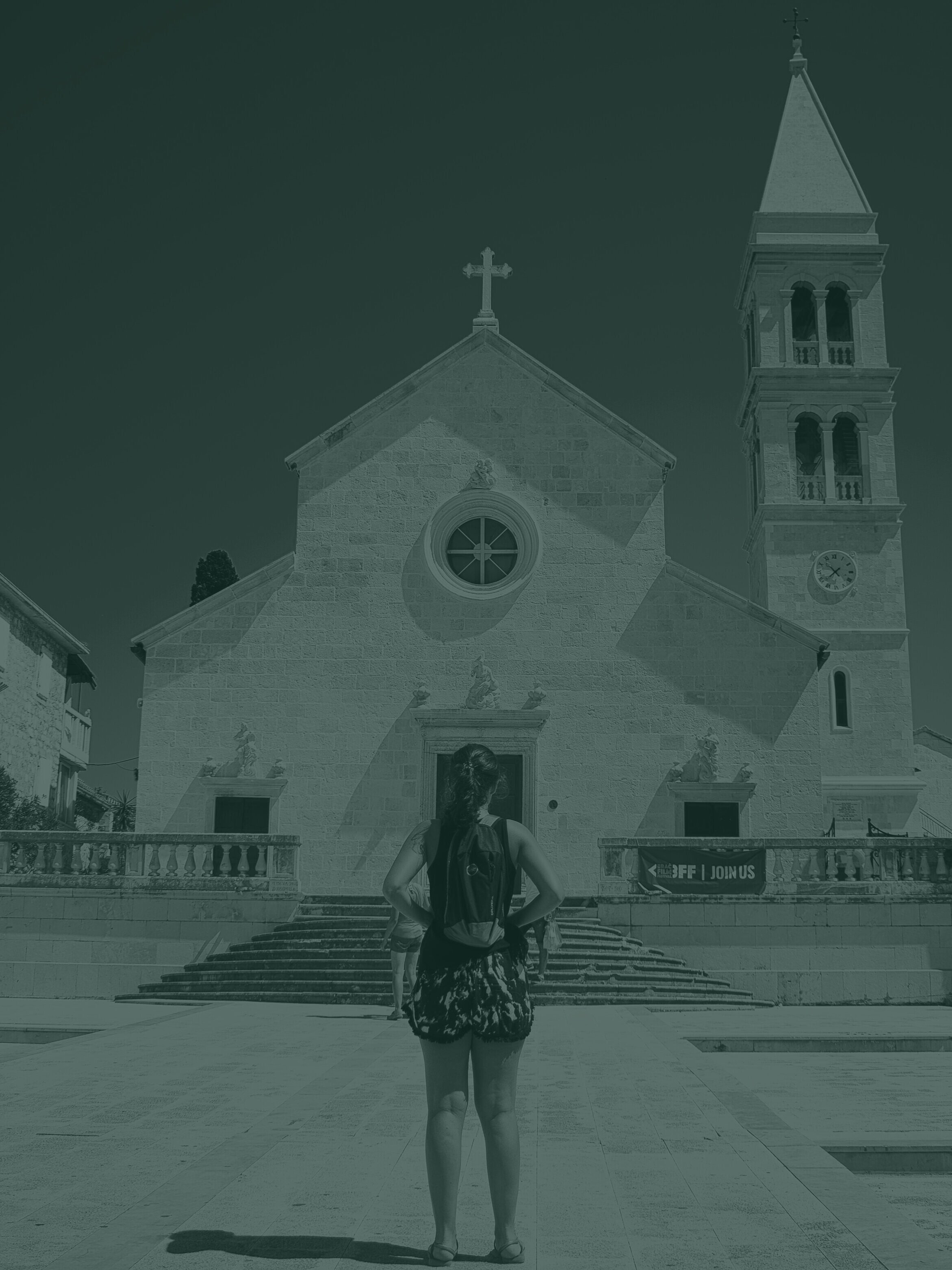
Communities.
One of the most important parts of reconstructing your faith is having a community to trek with you. Unfortunately, this can be difficult to find.
Many of us end up leaving churches that no longer connect with our changing beliefs and values, and sometimes our experiences are so bad that we just need a break from faith communities altogether. If that’s you, don’t beat yourself up. Don’t go to church for a while; take care of yourself. Many of us have OD’d on church, coming from fundamentalist backgrounds, or maybe even endured abuse that makes entering a church environment overwhelming for a time.
That said, humans are inherently social, so we need loving people in our lives in order to heal and grow. We need to tell our stories, feel heard, and listen to others’ stories too. We need to allow others to accept us, and we need to practice serving others. This is how humans flourish. So if/when you’re ready, explore connections with some new folks. No community is perfect—so keep your expectations at a healthy level, and see what kind souls are around to befriend the new you that is forming.
Yearly Events
-
Wild Goose Festival
A yearly event in Union Grove, NC, which seeks to foster a transformational community grounded in faith-inspired social justice.
-
Theology Beer Camp
This annual event was started by the Homebrewed Christianity podcast to nurture connection and promote progressive Christian values. (Location varies year-to-year.)
-
Evolving Faith
An organization and yearly event “pointing fellow wanderers and misfits to God as we embody resurrection for the sake of the world.” Originally founded by Rachel Held Evans and Sarah Bessey.
Online Communities
A reminder that, as with any group of people (including churches), these spaces can range from being either helpful and encouraging to toxic and counter-productive—depending on the day, the post, the response, etc. Always use caution and discernment.
Free:
Official and unofficial groups related to the Liturgists.
A FB group described as “Diverse, dissenting Christian/ex-Christian voices exploring our spirituality through safe, supportive dialogue.”
Overcoming Religious Abuse Community with Connie A Baker MA LPC
A private (but open) FB group for survivors of religious abuse.
Deconstructionists Podcast FB Group
A FB group affiliated with the Deconstructionists podcast.
Mental Health for Exvangelicals
A FB support group for former evangelicals, fundamentalists, charismatics, and those struggling with mental health.
A FB group for conversations and debate about specifically Christian forms of universal salvation/reconciliation.
Subreddits with lots of resources and conversation:
Open Christian, Radical Christianity, and Exvangelical
The Nomad podcast maintains a listener map here.
Subscription based: (most starting at $1.00 or $5.00/month)
You Have Permission Podcast Group
FB group for YHP podcast listeners discussing recently released episodes, deconstruction topics, and asking for advice with personal issues related to their faith journeys.
An online community affiliated with the BC podcast.
A robust Slack workspace around Pete Enns and Jared Byas’ podcast. Active conversations around biblical interpretation, theology, and Christian living.
Patreon supporters of Inglorious Pasterds, with many subgroups
Parenting After Deconstruction
Online cohorts hosted and led by a pastor of a progressive congregation in Portland, OR. (Sliding scale may be available.)
Churches
**If you’re not ready for church, but need some sort of community, you may find some other types of support groups by Googling “support groups”, “-anon” groups, and “group therapy” in your area.**
“What We Believe”
It can be difficult to tell from a church’s website what the culture and doctrine is actually like. There are many Evangelical churches with very sleek, modern branding, which hold very conservative beliefs. If you find yourself on such a website, navigate to the statement of faith (often “What We Believe”) and keep an eye out for 1) an emphasis on the Bible being an “inerrant” authority, 2) some kind of reference to Hell, judgement, or damnation, and 3) a lack of overt statements on social issues (e.g. LGBTQ+ inclusion); these are all signs that the church’s theology is traditional and conservative. Another place to check is their leadership section; a majority-male leadership team will often indicate more conservative theology.
Progressive Churches
On the other hand, there are churches that may seem very “old school” and traditional, but actually are very progressive culturally and theologically.
There are a group of denominations, sometimes called “mainline Protestant,” which hold to a less literal understanding of the Bible (than most Evangelical churches) and that tend to have more openness and concern for social issues. Some of those denominations include:
Evangelical Lutheran Church in America (See also, their RIC Initiative, which is working to “certify” it’s inclusive churches with special training)
Quakers in the US and Canada and the Unitarian Universalist Church are sometimes included in this category but are less exclusively Christian (more pluralistic, broadly spiritual).
Websites like Church Clarity and Gay Church offer resources specifically for finding LGBTQ+ affirming local churches. Even if this is not the most important issue for you, affirmation is a good proxy for progressive theology and doctrine more generally. Church Clarity offers information on what a local church’s position on women in leadership is as well, but their database is still limited. Here’s a helpful post about how to have a conversation with church leadership when you’re doing your own research.
Looking for a new home church can be hard work--but hang in there!
GO DEEPER:
Learn about Practices.
Read through Topics.





